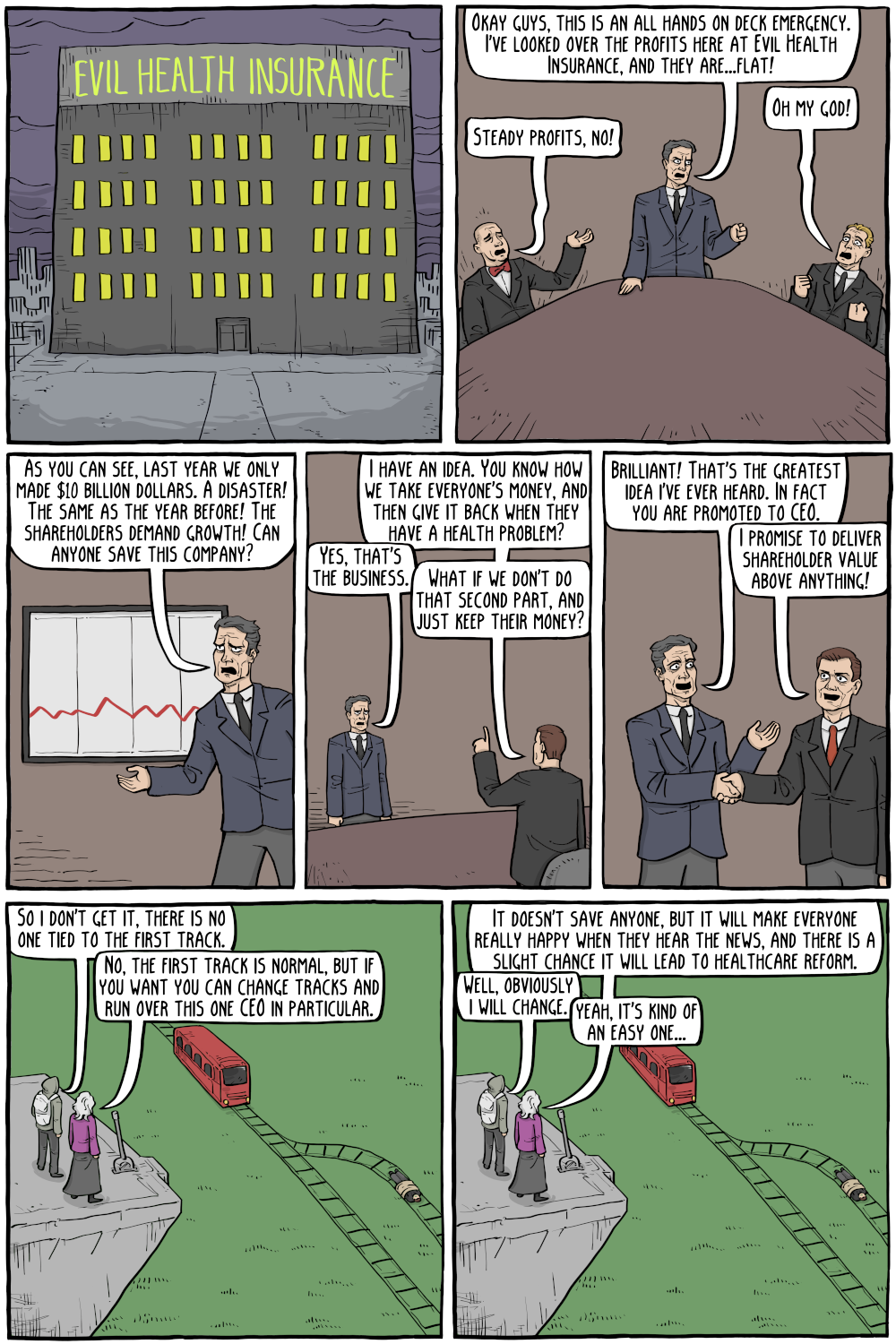Stricter standards have been adopted. Take back your personal data with Incogni! Use code CLIMATE and get 60% off an annual plan: https://incogni.com/climate
Patreon: https://www.patreon.com/ClimateTown
sUbScRiBe FoR mOrE ViDeOs: https://www.youtube.com/c/climatetown?sub_confirmation=1
Want to support us and also get access to behind the scenes videos, discounted live show tickets, and a secret phone line you can call and talk to Rollie? Well then you’ll be shocked to find that’s exactly what our Patreon offers: https://www.patreon.com/ClimateTown
Wanna see Climate Town but live and in person? Well you’re in luck because we’re going back to San Francisco Sketchfest on January 21st for a show at the Great Star Theater. We’re going to perform a live version of an episode before it’s released here on YouTube, and then never perform that show live again. It’s a once in a lifetime experience: https://www.eventbrite.com/e/climate-town-town-hall-tickets-1872277756169
We have an official Climate Town store where you can buy 100% plastic-free hats from Rustek ( https://www.rustek.co/ ) and 100% cotton shirts with a fully trackable supply chain from TS Designs ( https://tsdesigns.com/ ): https://merch.climatetownproductions.com/
Want to watch more Climate Town episodes about oil propaganda???
How Oil Propaganda Sneaks Into TV Shows: https://www.youtube.com/watch?v=wBC_bug5DIQ
The Brainwashing of America’s Children: https://www.youtube.com/watch?v=_pNRuafoyZ4
The News Media Is Selling You Out: https://www.youtube.com/watch?v=jkhGJUTW3ag
It’s Time To Break Up With Our Gas Stoves: https://www.youtube.com/watch?v=hX2aZUav-54
Exxon Lobbyist Caught on Camera Going Full Cartoon Villain: https://www.youtube.com/watch?v=Evy2EgoveuE
We also have a podcast! It’s called The Climate Denier’s Playbook and you can listen to it right here: https://linktr.ee/deniersplaybook
And good lord we have a newsletter too! You can check it out here:
https://www.climatetown.news/
EPISODE SOURCES & CITATIONS: https://www.climatetownproductions.com/youtube/fuel-less
WANT TO MAKE YOUR OWN GOOD MERCH? Check out:
TS Designs (high-quality, responsible apparel from the Carolinas): https://tsdesigns.com/
Rustek (plastic-free hats from Canada/Oregon): https://www.rustek.co/
Ethix Merch (our knowledgeable and thoughtful merch partner): https://ethixmerch.com/
Oh what's that? We’re also on the larger Internet?
Discord server: https://discord.gg/yPpfgSaZeQ
Instagram: https://www.instagram.com/climatetown/
TikTok: https://www.tiktok.com/@climatetown
Website: https://www.climatetownproductions.com/
LinkTree: https://linktr.ee/ClimateTown
Make a tax-deductible donation to Climate Town: https://www.climatetownproductions.com/support
Creator/Host: Rollie Williams
Writers: Rollie Williams & Matt Nelsen
Director: Matt Nelsen
Editors: Rollie Williams, Ryan Brown & Paul Ramsdell
Executive Producers: Rollie Williams, Matt Nelsen & Daniella Philipson
Cinematography: Matt Nelsen
Producers: Miranda Manganaro & Daniella Philipson
Colorist: Nicholas Lareau
Intro Animator: Ian MK Cessna (https://ianhasawebsite.com/)
Theme music by: Gratis (https://www.youtube.com/@gratis3241)
Special thanks: Benjamin Bertram Goldman, Philip Perkins & Amy Westervelt
Special thanks to the Civil Liberties Defense Center (https://cldc.org/) for their continued support.




